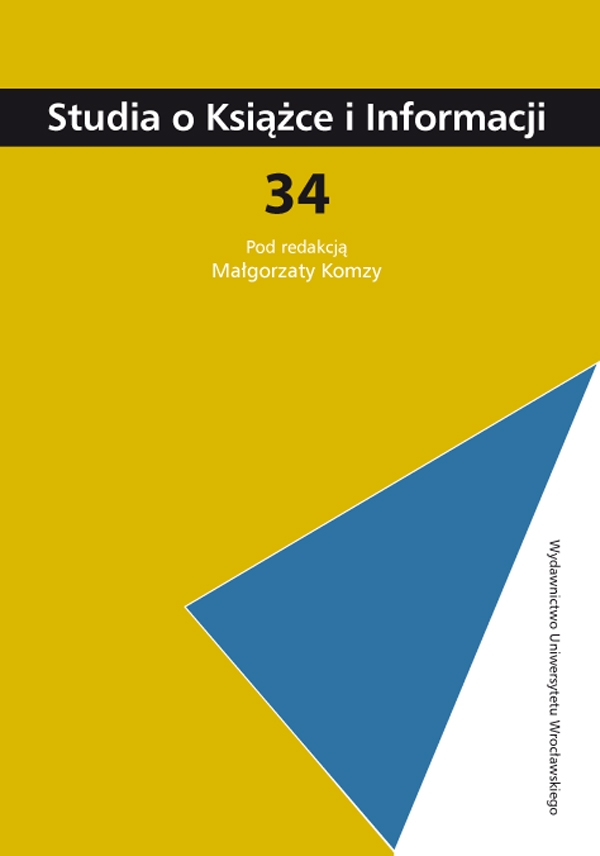Перші руські сільські читальні в Галичині: розвиток ідеї, організація, діяльність перша половина та середина 1870-х рр.
Abstrakt
The first Ruthenian reading rooms in rural Galicia: Development of the idea, organisation and operation until the mid-1870s
One of the most important tasks facing Ruthenian intellectuals in Galicia in the second half of the 19th century was to educate people and raise their social and national awareness. This could have been achieved especially through publication of literature for the commoners and promotion of book reading among Ruthenian peasants. To this end the first Ruthenian reading rooms were established in rural Galicia in the 1870s. About 170 such reading rooms were opened in 1871–1878, primarily on the initiative of Greek Catholic priests with Ivan Naumovich being the most active among them and young literate peasants. The average membership ranged between 30 and 80 readers. The members’ main reading material comprised popular periodicals Russophile journals Science and Russkaya Rada as well as books, especially those published by the Prosvita society and Mikhail Kachkovsky Society. The dominant activity was reading aloud followed by a discussion of the most interesting articles. The literature proposed to the peasants focused in particular on promoting sobriety, piety, new farming methods, frugality, self-education as well as defence of one’s social and national rights. Most of these reading rooms did not last long, but they did contribute to activating Ruthenian peasants, and confirmed and supported the peasants’ interest in book reading.

